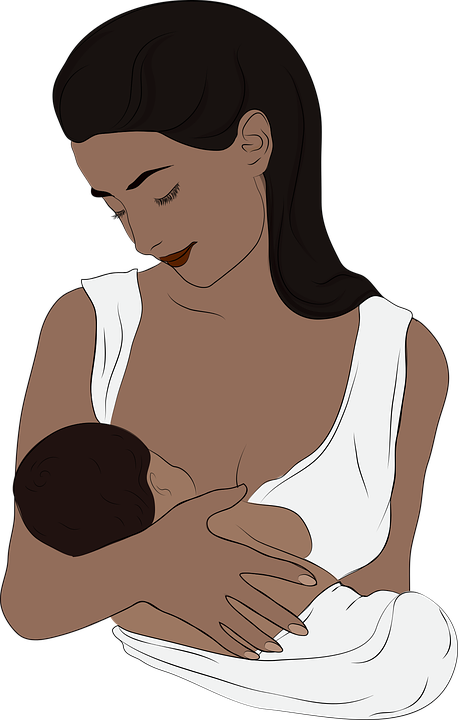There is a lot of stress and fear globally regarding the COVID-19 and what we are supposed to be doing to protect ourselves. The media, friends and family, popular theme parks, businesses including airlines, cruises, and places of attractions, all have something to share about the COVID-19. This is a household word that gets used in households on a daily basis probably more times than we want it to be. Should we be concerned? That is an outstanding yes!! Why? Well, first of all, let’s dissect what is happening, fear ( false evidence appearing real).
There is a lot of things that we are uncertain of and many times people will provide us information that may not be accurate. They are not telling us to be mean, but they themselves are scared because they do not have all the facts. Our healthcare professionals are leaning on the Center for Disease Control (CDC) and the World Health Organization ( WHO) to provide them the latest facts. I am sure there are doctors who specialize in microbiology ( that famous petri dish that I hated in college) to do a battery of tests on this organism. They learn something new each day. There is not a specific cure as the virus has not been here long enough to develop a vaccine against it. This is what causes the fear of not having a cure, not knowing if you contract it what will happen to you, your family, and your job, not to mention your friends. So now that we dissected what the real issue here is fear, let’s see if we can put your mind at ease while we let the professionals figure out how to eradicate this virus.
“First of all Coronavirus disease 2019 (COVID-19) is a respiratory illness
that can spread from person to person. The virus that causes
COVID-19 is a novel coronavirus that was first identified during
an investigation into an outbreak in Wuhan, China.”
“The virus is thought to spread mainly between people who
are in close contact with one another (within about 6 feet)
through respiratory droplets produced when an infected
person coughs or sneezes. It also may be possible that a person
can get COVID-19 by touching a surface or object that has
the virus on it and then touching their own mouth, nose, or
possibly their eyes, but this is not thought to be the main
way the virus spreads.”
The symptoms are Fever, Cough, and Shortness of breath. Pretty common symptoms that can be overlooked for many upper respiratory infections. These symptoms can manifest themselves at any time in the 2-week window after becoming infected.
The way to protect yourself and others from catching the COVID-19 is to practice washing your hands for 20 seconds with antibacterial soap before eating, after eating, after using the bathroom, after touching your nose, eyes, or mouth. You should also wash your hands after coming from the grocery store or any other public place that is not your home. If you do not have access to soap and water right away uses the antibacterial right away. If you shake hands with someone, do not be afraid to use your antibacterial. I know people may frown at that and think you are germophobic, but really it is okay if questioned a simple explanation stating that you want to practice good infection control and want to be certain that you do not compromise them or your family is enough stated.
Always wash your hands after preparing food and serving or taking care of others ( no matter age). Avoid contact with people that are sick and if you feel sick, stay home. do not try to go to church, restaurants, activities, school, or any public spaces with multiple crowds and pawn it off on allergies. Everyone knows allergies are not contagious so many people who cannot afford to stay home because they do not get paid for being out, tell everyone that they have allergies. Yes someone may have allergies but until this is verified by a doctor or nurse practitioner, stay home!
Be sure to clean surfaces with antibacterial wipes or household disinfectants as the virus can live on surfaces and if touched it can cause someone to get the virus. When you come home from the outside, take your shoes off outside clean the bottom of the shoe and do take a shower at night before bed or if possible as soon as you come home from work.
I know this all may sound excessive, but if you follow good infection control, it will help decrease the stress that the media is causing you by playing the news 24/7. Limit the times that you watch the news so that you are able to function on a day to day basis. Have a cup of chamomile tea for bed to allow your mind to relax and get rest. Start your day with something positive such as a daily devotion, prayer, or if you do not do any of the latter, watch a tv show that brings laughter to you. Listen to the news midday or afternoon, this will give you at least what happened in the evening and the morning and not bombard you.

I hope that this has brought you some comfort. For specific updated information go directly to one of these sites:
CDC/Center for disease control
WHO/World Health Organization
OSHA/Occupational and Safety Health Administration
As a nurse, I have to practice above and beyond the CDC, WHO, and OSHA rules so that I can protect myself and my patients. So I understand and get everyone’s concerns right away.
Be blessed and be safe.








